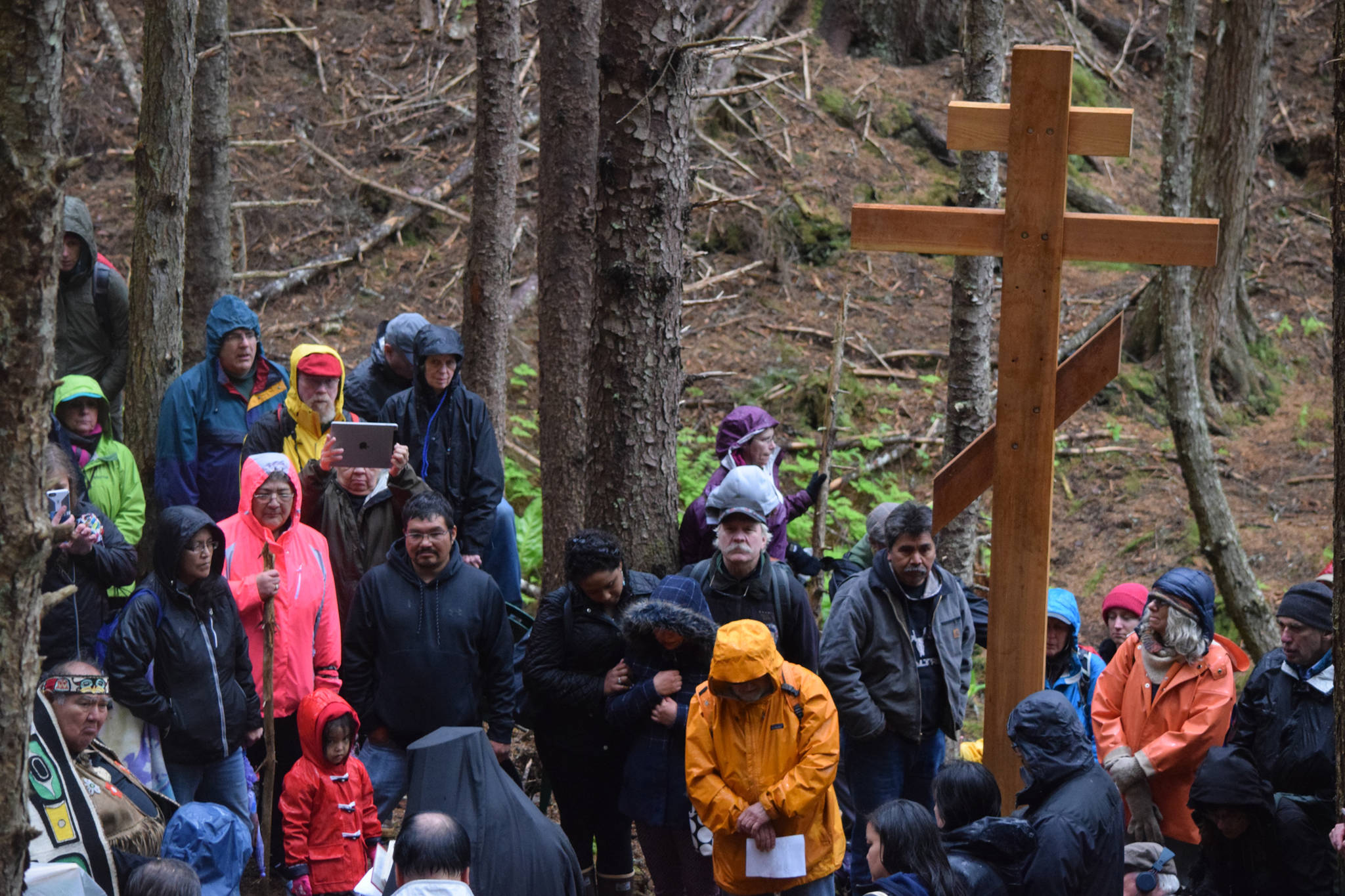Will Funter Bay residents lose their subsistence hunting rights with the City and Borough of Juneau’s proposed annexation?
Many residents moved to the small, remote community on north Admiralty Island in part to take advantage of subsistence hunting rights, which allow for more access to fish and wildlife. It’s part of the draw to rural living: the ability and right to feed yourself off the land.
Some Funter Bay landowners have cabins there and live primarily in Juneau. They aren’t eligible for subsistence hunts. But around 20-40 people live primarily in Funter Bay, at least for most or part of the year.
Those people can breathe easy: the annexation won’t rob them of their subsistence rights.
While Funter Bay residents could lose those rights at some point if the federal subsistence board makes that determination, an annexation into the borough of Juneau won’t make that happen automatically, federal officials say. It would require a decision by the Southeast region of the Federal Subsistence Board, which decides which Alaskans are eligible for subsistence hunts and which aren’t.
A proposal to designate Funter Bay as nonrural would need to be submitted during an upcoming call for proposals, the Office of Subsistence Management’s Caron McKee said. It would then need to be approved during an April 2020 board meeting, when the board is next scheduled to consider any changes to rural and nonrural designations.
“Whether the borough annexes these lands or not, regardless of what they decide or not the board (Federal Subsistence Board) decides if it’s rural or nonrural,” McKee said.
Most of Alaska, outside of nine urban areas, is considered rural. In Southeast Alaska, this is anywhere outside of Juneau, West Juneau, Douglas and the Ketchikan road system.
Those who have their primary residence in any of these areas is eligible only for state hunts. Anyone outside of these areas is eligible for state hunts as well as subsistence hunting on federal public lands.
Rural residents depend more on hunting and fishing to supply themselves and their families with food, the argument for federal subsistence hunts goes. With the 1980 passage of the Alaska National Interest Lands Conservation Act, that need was prioritized in management laws.
Anyone can write a proposal. If one comes before the board, it would make a decision based on population size and density, economics and the degree to which an area is remote or isolated.
Basically, if somebody wants to change an area from rural to nonrural, it compares that area to other rural areas.
Ketchikan might provide a good precedent: Many of the outlying areas in the Ketchikan borough are designated rural and are about as close to Ketchikan as Funter bay is to Juneau.
• Contact reporter Kevin Gullufsen at 523-2228 or kevin.gullufsen@juneauempire.com. Follow him on Twitter at @KevinGullufsen.

